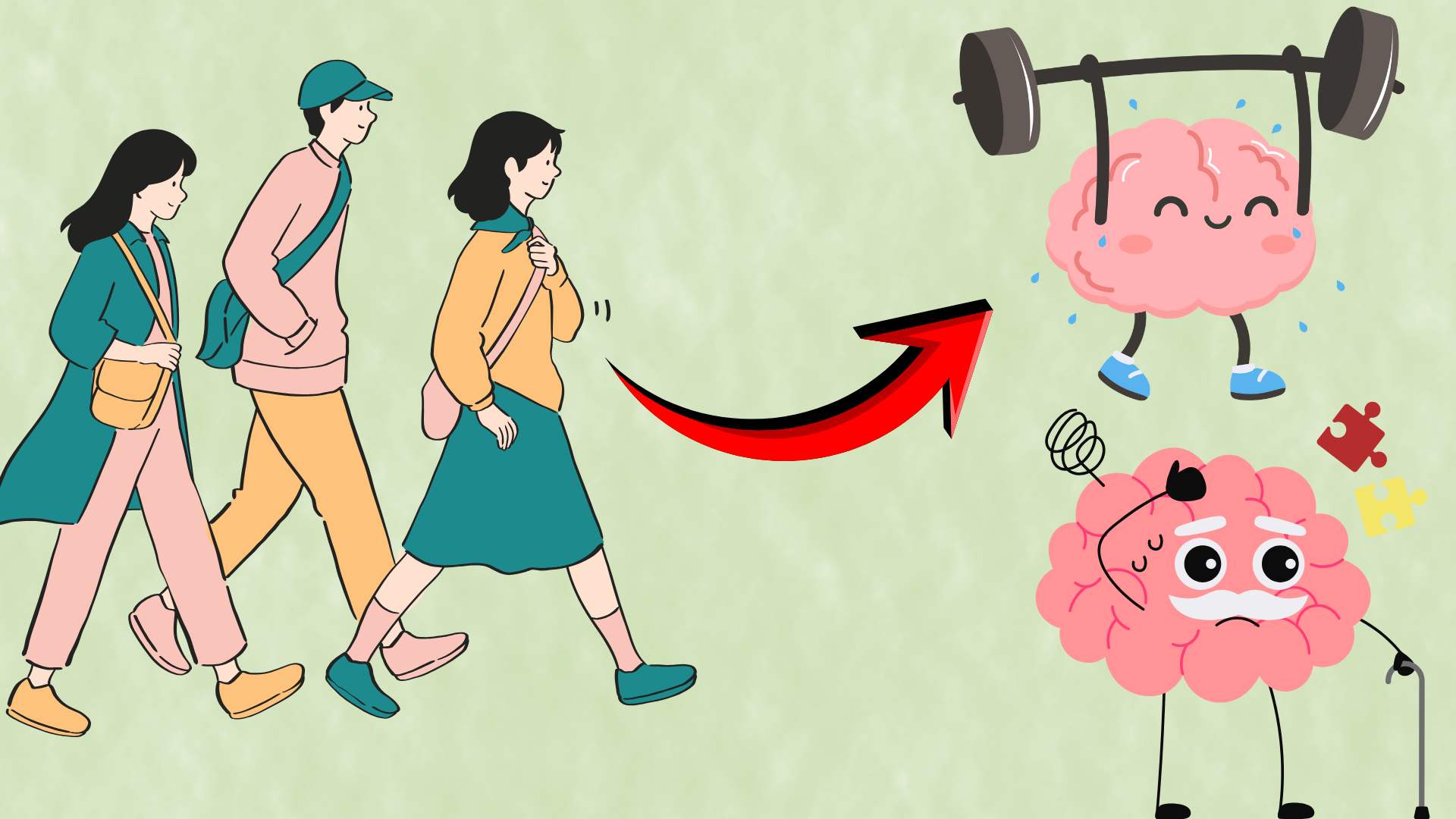
Research published in the journal Nature Medicine (UK) shows that maintaining a daily walking habit helps slow down the process of cognitive decline and reduce the accumulation of Tau proteins - the main factor leading to Alzheimer's disease.
The team analyzed data from 296 people aged 50 to 90 in the Harvard brain Aging Research. These people showed no signs of memory loss when they started and were monitored for 2 to 14 years.
On average, people who walk 3,0005,000 steps a day have a slower cognitive decline rate of about 3 years, while people who walk 5,0007,500 steps a day are up to 7 years slower.
In contrast, people who are sedentary show signs of faster accumulation of Tau proteins in the brain, which means that the disease progresses rapidly and thinking function and daily activities are significantly reduced.
Lifetime factors seem to have a strong impact on the early stages of Alzheimer's disease, says Dr. Jasmeer Chhatwal ( Massachusetts Brigham General Hospital, USA). If intervention is done early, changing your exercise habits can slow down the appearance of symptoms.
According to Dr. Wai-Ying Wendyau, co-author of the study, the important message is that every step has value. Even small changes in daily activities can accumulate long-term protective effects on the brain.
Experts emphasize that physical activity - especially walking - not only helps improve cardiovascular health and fitness, but also builds the "cognizing recovery ability" for the elderly.
The ability to withstand neurological damage caused by Alzheimer's disease in the preclinical stage is entirely possible. This is a positive signal for efforts to prevent dementia, added Dr. Reisa Sperling, a senior researcher.
The team said they are continuing to explore which forms of exercise and how much exercise are most effective for the brain, as well as how long-term exercises can impact protein Tau and amyloid-beta accumulation.











